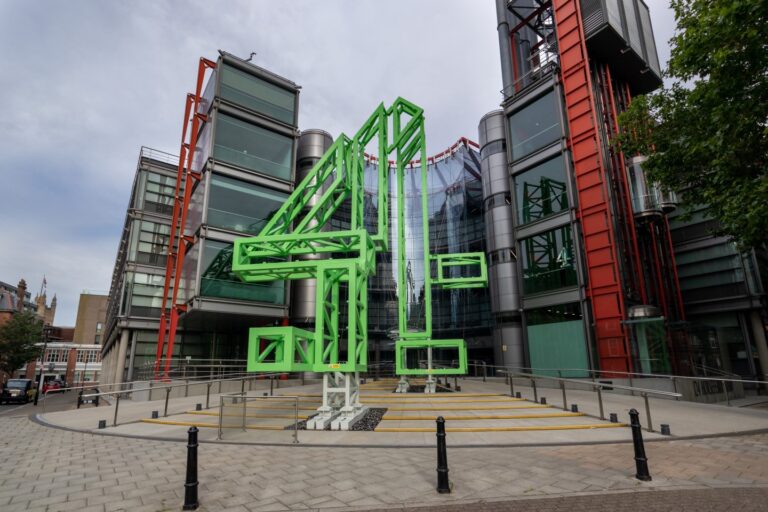Child abuse causes brain damage
Survivors of abuse may have visible injuries as a result of neglect or physical violence, or maybe self inflicted injuries as a result of past psychological disturbance. But a new study in America indicates that the brain’s development can now be seen to have been affected (and damaged) by the impact of early trauma, a previously hidden scar. Burrell Behavioural Health, a psychiatric institute based in Missouri, USA, has published a report this month which contributes greatly to our understanding of the effects of child abuse. Because of advances in brain science, doctors can now map brain activity and can monitor the areas of the brain which control behavioural and emotional responses. In order for a child’s brain to develop properly, the child requires stimulation from care givers at specific times to ensure that different areas of the brain fully mature. Trauma and neglect impact on this, which can halt the development of the brain with life long consequences. For example in later childhood, critical development occurs in the frontal regions of the brain which control social functioning and the ability to empathise with those around us, and the ability to tell right from wrong. Imaging studies of adults who had been abused in childhood showed atrophy (or a wasting away) of these parts of the brain when compared with the imaging of brains in adults who had not been abused. The wasting of these parts of the brain can affect someone’s response to stress and also their educational and vocational functioning. This is why abused children are more likely to have sleep disturbance, attention problems, difficulties with learning and memory, and ultimately only low academic achievement. They are also likely to develop attachment disorders causing them to misbehave. Alarmingly, 80% of abused children meet the criteria for at least one psychiatric condition by the time they are 21, such as depression, anxiety, eating disorders and suicide attempts. As adults they are more likely to abuse drugs or alcohol and somewhat controversially one-third will go on to abuse their own children. The message is that the earlier a child gets help, the greater the chance to heal and certainly an ability to disclose and confront the trauma suffered is a way of breaking the cycle of abuse. Where medical science leads, compensation lawyers follow, and I hope it won’t be long before we have the evidence to run arguments for brain damage in abuse cases, in an attempt to maximise our clients’ compensation.










